
What if I told you that you can plan an entire year of writing lessons in one afternoon?
You’d be amazed, right? And maybe a little bit skeptical. (That’s okay, I won’t take it personally).
I wouldn’t have believed me either. I thought that teaching writing was so hard.
Coming up with ideas. Gathering prompts. Photocopying pieces for all those writing projects. Never mind trying to manage students at various stages of the writing process. And grading all those writing assignments. Ugh! It makes me shiver just thinking about it.
But it doesn’t have to be that way. Both teaching writing and planning to teach writing can be so much lot easier.
And today, I’m going to show you how you can plan an entire year of writing lessons at one time.
Teach Writing Units
The key to planning out an entire year of writing lessons in one sitting is to teach writing in units.
Think about all the other subjects you teach. You don’t jump back and forth from plants to sea animals to weather in science. Instead, you teach everything about plants before moving on to sea animals and then weather. You teach an entire unit. Just like you teach fractions in math or landforms in social studies, you can teach about one specific type of writing at a time. During this unit, you are only teaching one type of writing.
I know for many this is counterintuitive. Many teachers introduce a different writing assignment every week. Maybe it goes along with your reading story or a social studies lesson. Maybe it’s a seasonal prompt. But whatever the project, this structure makes planning hard. It requires you to constantly brainstorm, create, teach, and grade new material.
It’s also very confusing for children.

Learn one genre at a time
Just when your students are beginning to understand one type of writing, you switch to something else. One week you are writing personal narratives, the next informational reports, and the next a fiction story. These different types of writing have very different structures and different rules.
Constantly changing assignments makes it difficult for kids to truly master any type of writing. They lack the confidence to think of themselves as writers and often don’t enjoy writing.
When you teach writing strategically in a unit, you not only save yourself valuable planning time but also allow students to understand a genre of writing. They can see how the different elements of a particular type of writing fit together. They can master one genre before moving on to the next.
Understand the writing process
This approach also helps students understand the writing process. One week is not enough time to go through all the stages of writing. Real writers spend a great deal of time working on one project. Some days they struggle with drafting or revising. They might get frustrated with their story or face writer’s block. Or have trouble coming up with a conclusion.
All of these challenges are a part of writing. When you teach writing as a unit, students have the time and space to confront and overcome them. Students learn about the persistence and patience needed to become writers.
Get more tips for teaching students to revise and edit.
Less is More
Another benefit to teaching writing in units is you don’t need as many unique writing projects. Rather than teaching kids everything they need to know about opinion writing in one week or (gulp) one afternoon, you can teach opinion writing for eight full weeks. In fact, I suggest you spend eight weeks on each unit you teach.

“Eight weeks! On one unit? But Jamie, how can I possibly teach everything if I spend eight weeks on each unit?“
First, take a deep breath. And then repeat after me . . . “less is more.”
You don’t need a hundred different writing assignments. You don’t have to write about every science and social studies lesson or create a new story for every holiday. In fact, most state standards only require a handful of writing genres, typically narrative, informational essay, and opinion or persuasive writing.
I break my writing instruction down into four units, and I teach one unit per quarter: personal narrative, informational essay, opinion essay, and fiction.
I know that some state standards are more specific than this. But remember, eight weeks allows you to comprehensively cover the main types of writing. Many of the other specific writing standards will fall within a genre you’ve already taught.
If your standards require text-dependent analysis, you can build upon what you’ve already taught about informational essays to cite text and draw conclusions. If your standards require you to teach paired text, you can draw on the knowledge from your opinion writing unit to help students form an opinion and give reasons and examples to support their answers.
When you focus your mini-lessons on these four types of writing and intentionally build upon previously taught skills, your students will become proficient at each writing task. This is a much more systematic way of teaching writing.
You also don’t have to teach all your writing skills in writing workshop. Students can and should be writing in reading, science, social studies, and even math as well.
Follow the Formula
Another way to make writing easier to plan is to follow the same schedule every day. There are four components to writing workshop: the mini-lesson, independent work time, student conferences, and share time. By following this schedule, you and your students know exactly what to expect each day. And it makes it easy to plan lessons.
The key to this structure is keeping the mini-lesson short. Your mini lesson should never be more than 10 or 15 minutes. It should be focused on one skill. And once you teach this skill, you set the students free to practice it in their independent writing. The majority of your writing workshop should be spent writing.
Keeping your writing instruction very focused and very short means you don’t need to cover a ton of material each day. Plus, you know exactly what learning activities will occur each day. This makes it easy to plan an entire year of writing lessons.

Pick the Right Sequence
Finally, you will want to pick a writing sequence that makes sense for your students.
Personal Narrative
I like to start the year with personal narrative. In a personal narrative, students are writing about something that happened to them. This is often the easiest type of writing for students to do because everyone has personal experiences. With a little prompting, it is not too hard to get students to come up with topics they care about.
An added bonus to starting the year with personal narrative is that it helps you get to know your students. Based on their writing, you can learn about their families, pets, hobbies, and other interests.
Personal narrative also allows you to cover important writing skills, like paragraph writing, dialogue, details, and strong leads.
Get more tips for teaching personal narrative.
Informational Report
Next, I move on to the informational essay. I like to teach informational essay early in the year because it helps students understand text features, like maps, infographics, charts, and diagrams that they will encounter in content-area books.
Mini lessons in this unit cover generating topics, conducting research, taking notes, creating a table of contents, paraphrasing, and revising.
Try these tips for teaching informational reports.
Opinion Essay
Then we move on to the opinion essay. The third quarter typically starts shortly after Christmas break, and we spend a lot of time on test prep then. Often standardized tests include a question that requires students to write an opinion essay, so I like to make sure this skill is fresh in their minds.
We cover things like stating your opinions, using reasons and examples, citing the text, considering your audience, and writing strong introductions.
This often becomes students’ favorite type of writing. I mean, who doesn’t like to have their opinion heard?
Learn more about teaching opinion essays.
Fictional Narrative
Finally, we end the year with fiction. This unit is a little bit lighter, a little bit more fun. And we could all use a little fun after testing.
We have already covered most of the skills necessary to write a strong narrative. So this unit provides a great review of dialogue, strong leads, interesting details, conclusions, and more. But we also focus on character and setting, problem and solution, and point of view.
The fiction unit allows students to exercise their creativity. This can be both a lot of fun and a little bit intimidating for some students. Saving this unit to the end means that students have already had a lot of practice generating topics and ideas all year, and they are more comfortable coming up with creative ideas.

An Entire Year of Writing Lessons
Would you like to see how I plan out an entire year of writing lessons? I’ve created a Writing Pacing Guide for grades 2-5 that shows you exactly what lessons to teach and when to teach them. You’ll see how it is possible to spend eight weeks on one genre of writing and get a breakdown of the specific mini lessons I recommend.
Work With Me
Want even more tips on how to make teaching writing easy? Then you will love my online professional development course, the Not So Wimpy Writing Masterclass. I specifically developed this online professional development course for teachers in grades 2-5 to help simplify writing workshop and provide the tools and strategies you need to be a more confident writing teacher.
You’ll learn tried and true strategies for how to teach writing, including how to:
- Teach writing in units
- Create manageable mini lessons
- Keep students on task during independent writing time
- Implement a successful writing workshop without chaos and confusion
- Transform ALL your students into eager and excited writers who have the skills needed to perform well on standardized tests
In short, this course is designed to help you become a more confident writing teacher, regardless of what writing curriculum you have (or don’t have).
Registration for the Not So Wimpy Writing Masterclass is currently closed. Be sure to sign up for the Waitlist so you will be the first to know when we open it again. Sign up now so you don’t miss out!

Wouldn’t it be great to get a jump start on your lesson planning next year? Just think how much easier your lesson planning would be if you planned all your writing lessons at one time!
Have a Not So Wimpy Day,


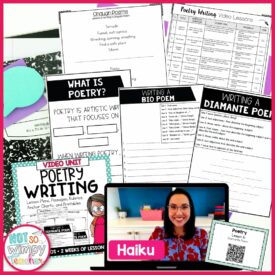
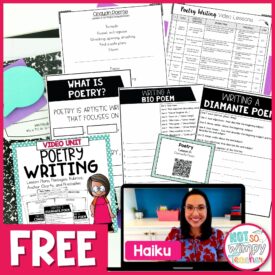

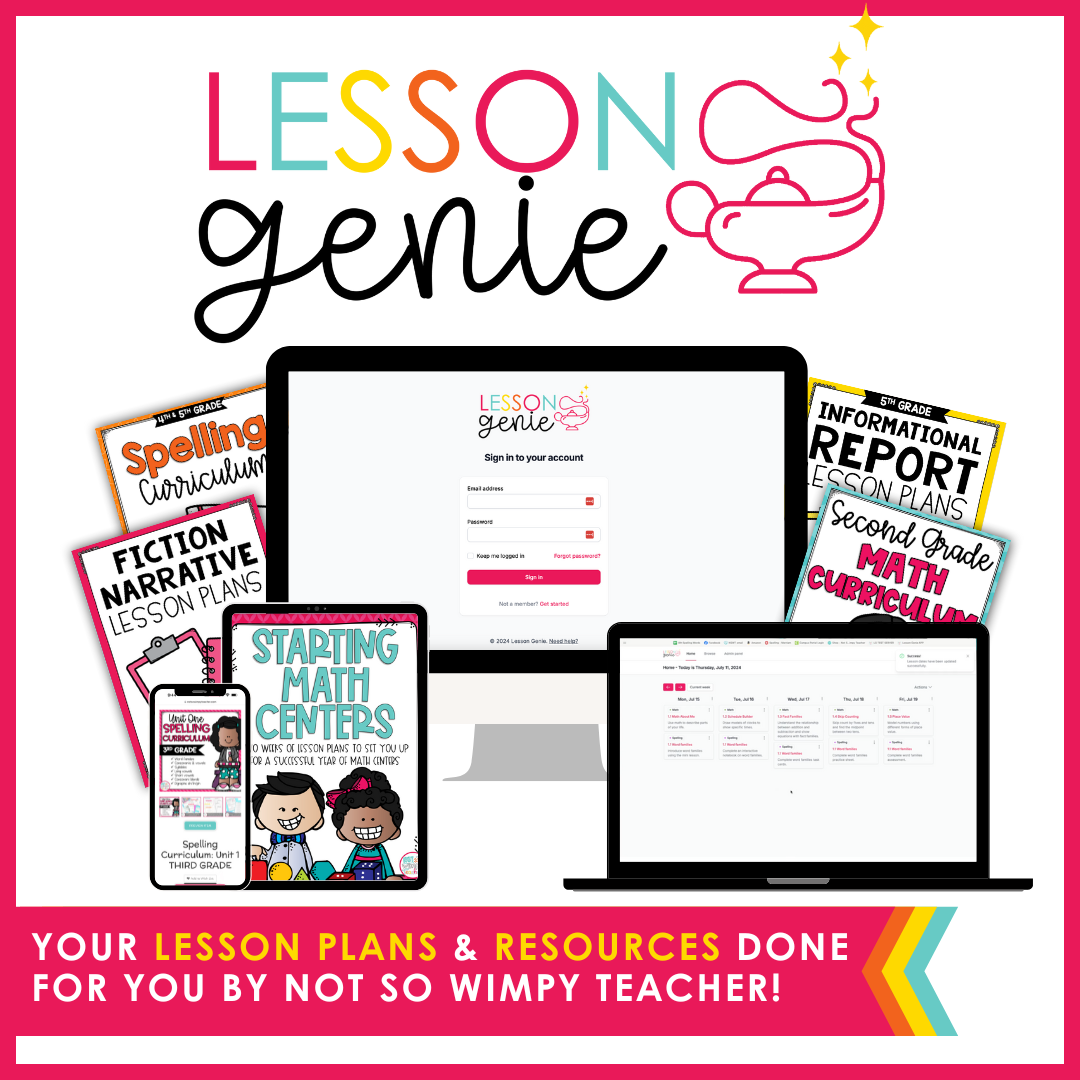
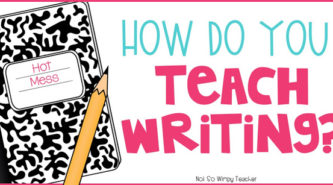
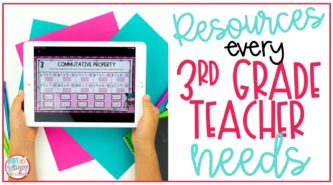

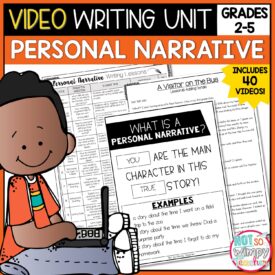
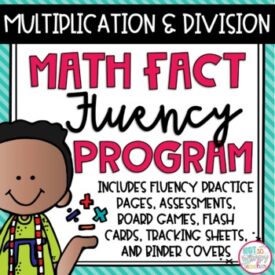
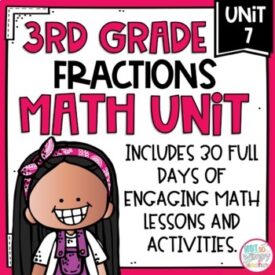
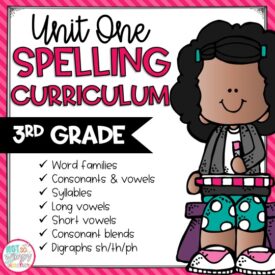
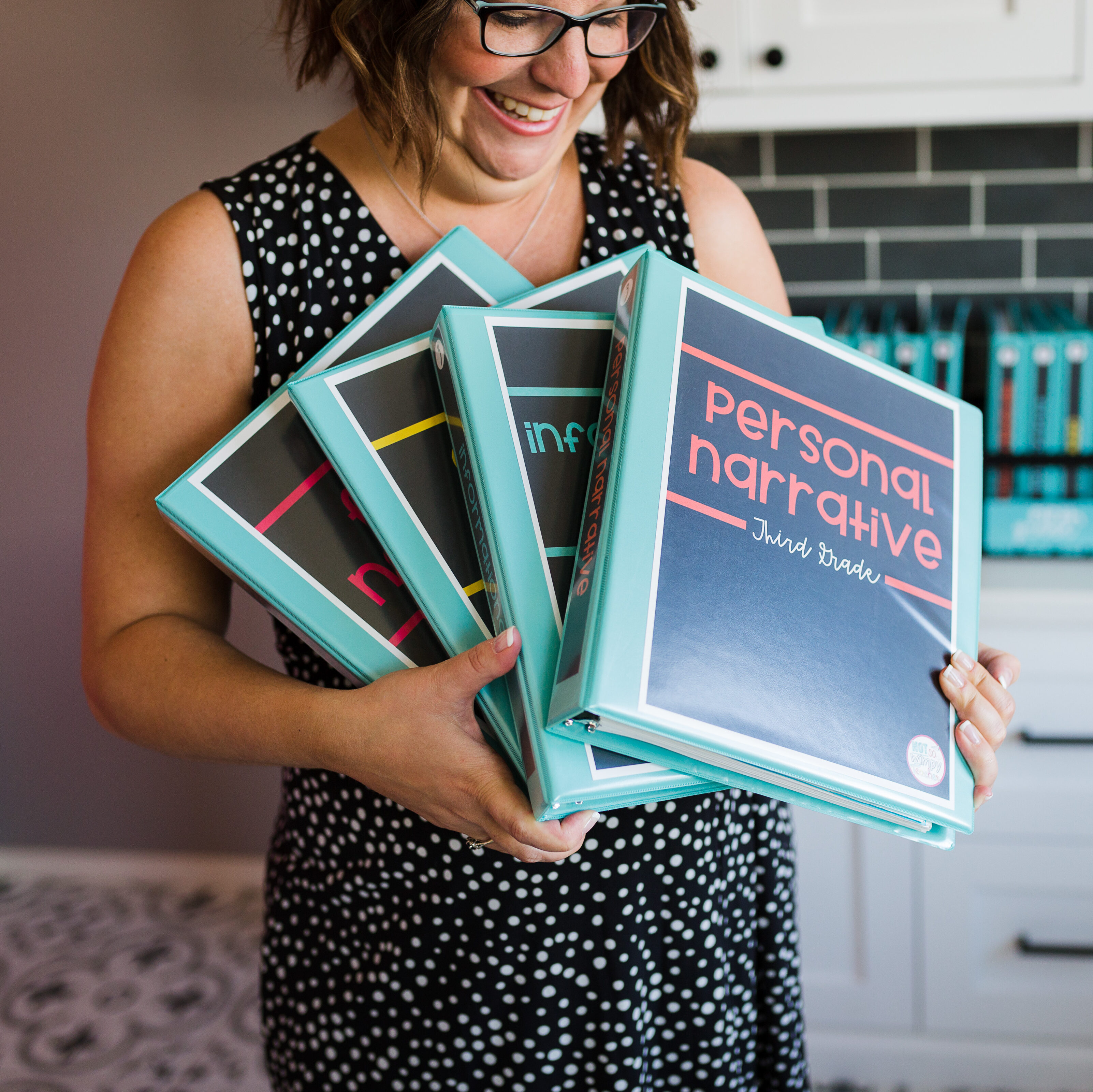

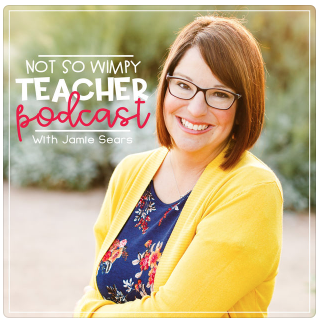




 End of Year Carnival Week for grades 2-5!
End of Year Carnival Week for grades 2-5!
This was an awesome read! Thanks for the tip. I hate teaching writing but this made me feel a little bit better about teaching it next year.
Very Helpful!!! Thank you!!
You’re welcome!
Very helpful!!Thank you for sharing.
Thank you!